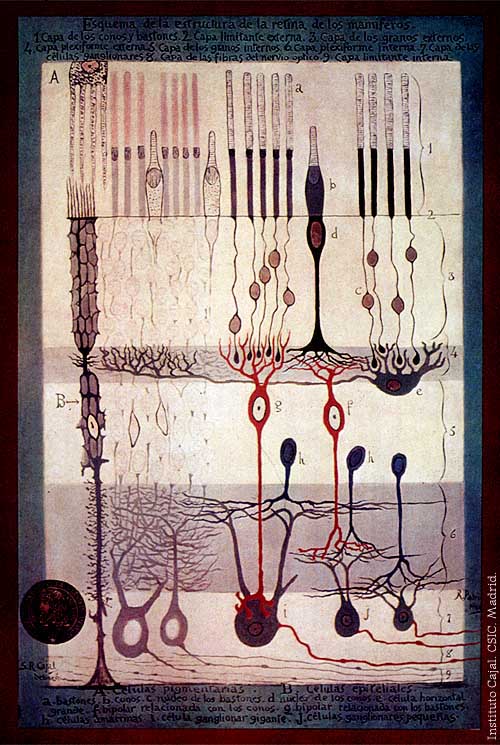Gene therapy for inherited blindness
in: Health and Well-Being
NIH funding for basic research identified and led to approval of one of the first approved gene therapy treatments, which has been successful in treating blindness.
Our sense of vision relies on many different genes functioning properly. One of those genes is called RPE65. People who did not inherit a working copy of RPE65 suffer from Leber’s Congenital Amaurosis (LCA): a rare but severe type of vision loss which, tragically, strikes from early childhood.
Recently, an approach known as gene therapy has made very important progress. Gene therapy involves injecting working copies of genes in a way that allows the injected working copies to replace malfunctioning versions in the patient. Funded by the National Institutes of Health, researchers at the Children’s Hospital of Pennsylvania created a gene therapy treatment for RPE65. Their method was then further developed into the commercially-available treatment Luxturna. It is one of the first disease-treating gene therapies approved by the FDA, and it is greatly improving vision in people with LCA. Importantly, it is also helping to pave the way toward more gene therapies for other diseases, to improve the lives of more people.
- States: PA , OK , SC , IA , OH , MD
- Organizations: University of Pennsylvania , Children's Hospital of Philadelphia , MD Anderson Cancer Center , University of Iowa , Department of Veterans Affairs Medical Center , Children's Hospital of Pittsburgh , National Eye Institute , University of Oklahoma , Medical University of South Carolina , Spark Therapeutics , Thomas Jefferson University , National Center for Research Resources , National Institutes of Health
- Topics: Biology , Health
- Federal Grants: NIH R01E0Y12231 , NIH R33EY015650 , NIH R01EY010820 , NIH UL1RR024134
- Links and further reading: [ link1 | link2 | link3 | link4 | link5 | link6 ]
